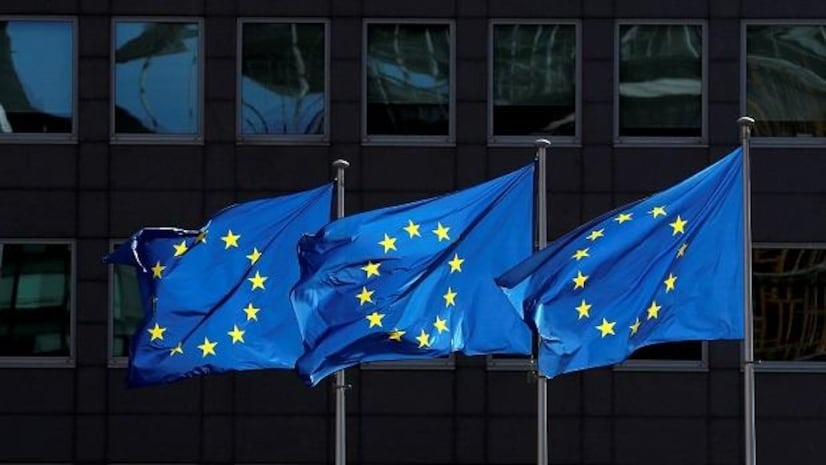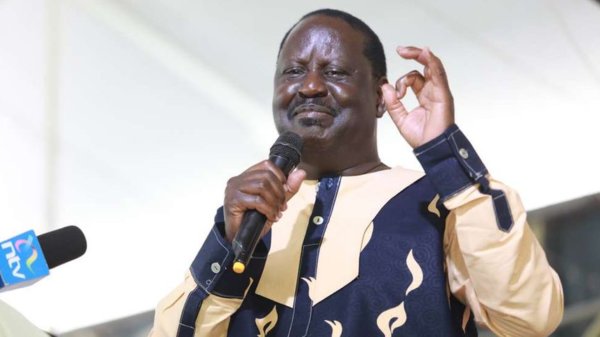
European Union leaders have agreed in principle to initiate membership negotiations with Bosnia-Herzegovina, although the Western Balkan country still has a lot of work to do before talks can begin.
The 27 leaders granted the political green light at a summit in Brussels on Thursday after the European Commission, the EU’s executive arm, agreed last week to begin discussions despite severe ethnic tensions in the country of 3.2 million people.
“The European Council has just decided to open accession negotiations with Bosnia and Herzegovina. Congratulations!” EU Council president Charles Michel said.
In the summit’s conclusion, leaders highlighted the necessity for Bosnia to continue pursuing “all relevant steps set out” by the Commission, which include economic, legal, and political reforms, as well as improved efforts to combat corruption and money laundering.
Bosnia is riven by ethnic tensions, even decades after the 1992-95 conflict that ripped the country apart, killing over 100,000 people and displacing millions.
Bosnia received candidate status in 2022. To join the EU, candidate nations must undergo a protracted process of aligning their laws and standards with those of the organization, as well as demonstrating that their institutions and economies fulfill democratic ideals.
When Dutch Prime Minister Mark Rutte arrived in Brussels, he stated that more work was still to be done before Bosnia could fully participate in EU negotiations.
“It’s crucial that Bosnia will fulfill all the necessary actions in the Commission’s TRs report so that you really will have ticked all the boxes,” Rutte said.
Negotiations would most likely last many years, and many more political and economic reforms would be required to attain membership. German Chancellor Olaf Scholz stated that he was “very much for” taking a step forward “after the many efforts that have been made in Bosnia-Herzegovina.”
Also Read: The EU Parliament Enacts The World’s First Laws Regulating Artificial Intelligence

































































